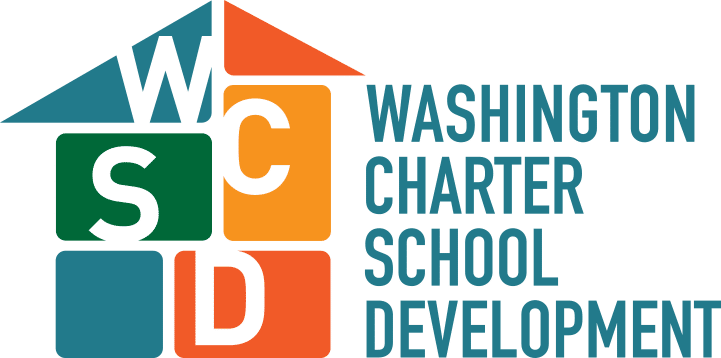In the spring of 2020, just as our world was about to be turned upside down by a new and terrifying virus spreading quickly through the Washington State, I emerged from the cold dark basement of an old church building located in Bellingham, a city on the US side of the border with Canada. I had met with a new school leader and her project architect and together we had just toured a space with an eye to making it a potential home for her new charter school. As with many such tours, the proposition of creating a safe, vibrant and modern learning environment in this building seemed daunting… but, on the plus side, rent was going to be cheap.
The church building had not seen any significant investment for more than a decade when it was sold to a private owner who now rented it out for weddings and other private events. The school leader who was from the local area had been referred to the space by her real estate broker and based on a brief desktop study it seemed promising. It was zoned such that the proposed school use was permitted outright. It was on a main bus line which would provide easy access for future high school students. Finally, it was close to many of the other community groups that the school aimed to partner with in order to deliver additional services to its student body.
However, when we got there a quick perimeter walk around the building and tour through the spaces revealed significant challenges. There was no parking and only very limited curb space for student pick-up and drop-off. The building’s mechanical and HVAC system was older than Bon Jovi’s first album, the electrical panel and service was too small, access to and through the building failed to meet even the most basic access requirements, and the bathrooms, well, let’s just say they were their own horror story.
Beyond these issues, the building had no fire or life safety systems typically seen in a modern school including a fire alarm and sprinkler system (something that I know from a decade spent building and renovating spaces for charter schools can be a major cost component of any tenant improvement). After a brief discussion with the project architect, the conclusion was clear and I broke the bad news to the school founder; the level of work needed to transform this space into a school would likely be beyond her budget and we strongly advised continuing the search. This was the third such property that she had looked at and so unsurprisingly it was a disappointing way to conclude the afternoon.
Several months later, I checked back in with the same school leader. As her search had continued, a member of her board had connected her to a local regional mall operator that had seen a precipitous decline in visitation and sales since the start of the pandemic. Many of the smaller stores had closed, leaving vacant spaces between the more established anchor tenants. On hearing of this new development, I had some immediate misgivings about the potential of this tenancy. Would the space we were looking at with one external facing wall allow enough natural light to come in? Could we create a secure and safe entrance for school during arrival and dismissal? Would the mall recognize and accommodate the unique needs of a high school? Would the City even permit this non-profit use inside a large regional commercial hub?
Again, we brought in the school’s architect and we began looking at each of these challenges. Despite there being only one external facing wall, the single-story nature of this mall allowed us to use existing skylights in the leased spaces along with light from a large atrium immediately outside, increasing natural light into the learning spaces. The mall’s underutilized and oversized parking lot provided ample opportunity for safe and efficient arrival and dismissal, and a preliminary conversation with the City planning staff revealed significant support to allow a school to operate in this space. The vacant mall space naturally lent itself to being demised into discrete classrooms, commons area, reception and admin space. Adjusting the existing fire suppression system to meet current codes for school use proved to be simple and straight forward. Finally, working with the school to negotiate and establish a lease with the mall resulted in a steeply discounted lease rate for the first five years which helped them achieve their sustainable ops budget goals.
The moral of this site search is that it always pays to bring in the design experts from the start. Identification of key risk areas will let you establish realistic budgets for buildings/sites that work or, alternatively, make the tough decisions to pass on projects that would otherwise hamper goals for growth and school success.
Bringing the experts in early need not be expensive and it should rarely involve long-term contractual commitments. When looking for a trusted design/development professional, reach out to other schools (locally or regional, charter or other) who have recently gone through a capital development program and who might be willing to provide a reference. Connect with that design professional and explain your organization’s goals. More than likely they will spare you an afternoon pro bono to look at several potential properties, both to satisfy their personal interest in local real estate and as part of developing new business. A quick note of caution: don’t be tempted to take advantage of this willingness to provide early free/low-cost support and tour properties with multiple different architects or general contractors – it’s a sure fire way to cause your pool of potential design and construction professionals to shrink. Just remember searching for a new school home doesn’t need to be a horrifying experience, just so long as you don’t go in alone!

